Women's Suffrage
National History Day 2022
Debate & Diplomacy
Women's Suffrage
Women's Suffrage started because of the 14th and 15th Amendments being passed that granted suffrage to former African-American males who were slaves, but these didn't apply to women. The 14th Amendment gives women strict rules to follow and doesn't give them the freedom it gives men.
Women's suffrage in America grew out of the movement to end slavery. Many of the people who spearheaded the women's rights movement were abolitionists. Although women in the early United States weren't allowed to vote, many of them found ways to be involved in reform causes. They worked for change by influencing lawmakers through petitions, and persuasion.
Many women considered slavery inhumane and sinful practice and worked to abolish it. Thousands of women wrote articles for abolitionist newspapers, signed anti-slavery petitions, and shared anti-slavery literature. Still, women often found that traditional assumptions and attitudes about women limited the scope of their participation in the movement.
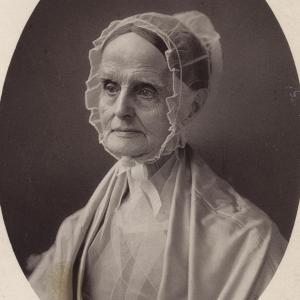
"I long for the day my sisters will rise, and occupy the sphere to which they are called by their high nature and destiny."
~ Lucretia Mott
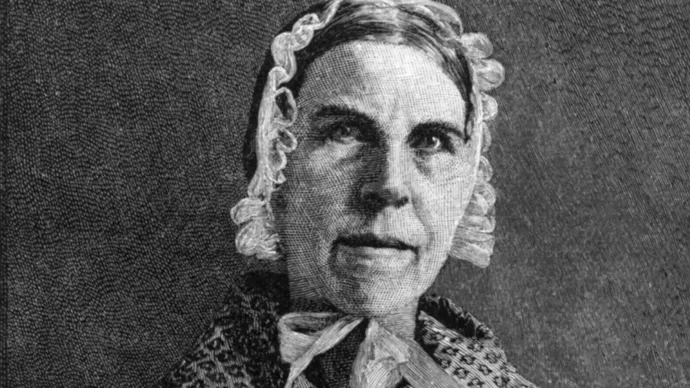
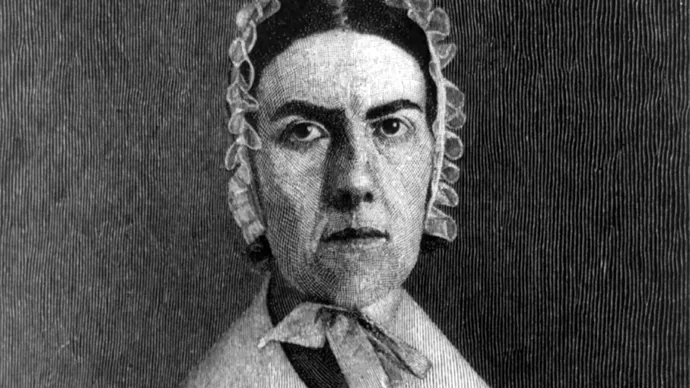
"I know nothing of man's rights, or woman's rights; human rights are all that I recognise."
~ Sarah Grimke
"We Abolition Women are turning the world upside down."
~ Angelina Grimke
Sarah Grimke Angelina Grimke
Facing this discrimination, Lucretia Mott and several white and African-American women founded the Philadephia Female Anti-Slavery Society in 1833. In their own organization, women conducted meetings, ran petition campaigns, and directed fundraisers, Women such as Angelina and Sarah Grimke spoke against slavery to mixed crowds of men and women, even though they were mocked for doing something considered so unladylike. Because female reformers faced prejudice from both inside and outside their movement, they became acutely aware of the injustice of women's inferior legal and social standing. When they were prevented from participating in the World Anti-Slavery Convention in London in 1840, Lucretia Mott and Elizabeth Cady Stanton began discussing what needed to be done for women's rights.
Seneca Falls Convention
Elizabeth Cady Stanton and Lucretia Mott decided it was time for a change in the world where women can be as free as men and have the same rights. Stanton wrote all laws that kept women from enjoying all rights and privileges which were given to them as citizens of the United States.
The first attempt to organize a national movement for women's rights occurred in Seneca Falls, New York, in July 1848. Led by Elizabeth Cady Stanton, a young mother from upstate New York, and the Quaker abolitionist Lucretia Mott. About 300 people -- most of whom were women attended the Seneca Falls Convention to outline a direction for the women's rights movement. Stanton's call to arms, her "Declaration of Sentiments."
For two days, activists gathered in the New York hamlet to draft the Declaration of Sentiments. The draft was signed by 68 women and 32 men. Declaration of Sentiments argued that anti-women laws held no authority, and declared that men and women should be held to the same moral standards.
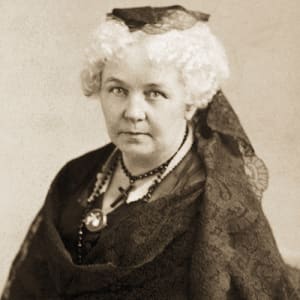
"We hold these truths to be self-evident: that all men and women are created equal."
~ Elizabeth Cady Stanton
Women who were leaders in this campaign were Susan B. Anthony, Alice Paul, Elizabeth Cady Stanton, Lucy Stone, and Ida B. Wells. Others became a huge part of African-American rights too. All these women had parts in the Suffrage parade and marches.
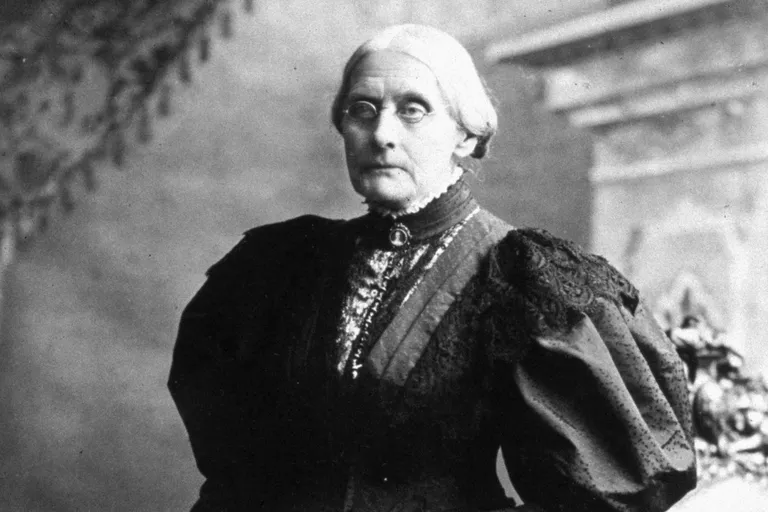
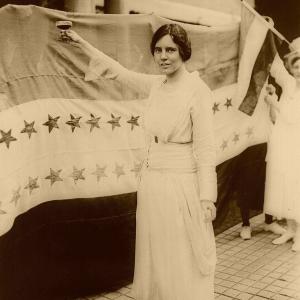
"It was we, the people; not we, the white male citizens; nor yet we, the male citizens; but we, the whole people, who formed the Union."
~ Susan B. Anthony
"There will never be a new world order until women are apart of it."
~ Alice Paul
Susan B. Anthony Alice Paul
- Born: February 15, 1820 in Adams, Massachusetts
- Parents: Daniel Anthony and Lucy Read
- Education: A district school, a local school set up by her father, a Quacker boarding school in Philadelphia
- Was an activist, reformer, teacher, lecturer, and key spokesperson for the woman suffrage and women's rights movements of the 19th century. Together with Elizabeth Stanton, her lifelong partner in political organizing, Anthony played a pivotal role in the activism that led to American women gaining th right to vote
- Died: March 13, 1906 in Rochester, New York
- Born: January 11, 1885 in Mount Laurel, New Jersey
- Parents: Tacie Parry and William Paul, a wealthy Quaker businessman
- Education: Went to 3 schools and graduate with biology degree, Master of Arts degree in sociology, and PhD
- Was a vocal leader of the twentieth century women's suffrage movement, Alice Paul advocated for and helped secure passage of the 19th Amendment to the US Constitution, granting women the right to vote.
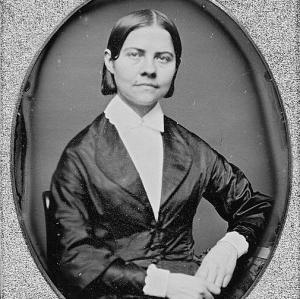
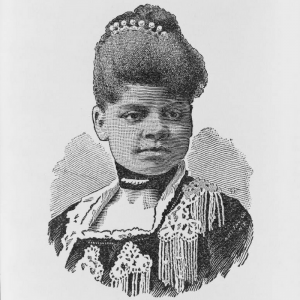
"We, the people of the United States.' Which ' We, the people'? The women were not included."
~ Lucy Stone
"The way to right wrongs is to turn the light of truth upon them."
~ Ida. B Wells
Lucy Stone Ida. B Wells
- Born: August 13, 1818 in rural Massachusetts
- Parents: Francis and Hannah Matthews Stone
- Education: At age sixteen, she worked as a teacher to save for college, Attended Orberlin College
- Was a leading suffragist and abolitionist, Lucy Stone dedicated her life to battling inequality on all fronts. She was the first Massachusetts woman to earn a college degree and more
- Died: 1893
- Born: July 16, 1862 in Holly Springs, Mississippi
- Parents: Died
- Education: Enrolled at Rust College but was expelled when she started a dispute with the university president
- Was a prominent journalist, activist, and researcher,in the late 19th and early 20th centuries.
- Died: Marched 25th, 1931
Parade Movement